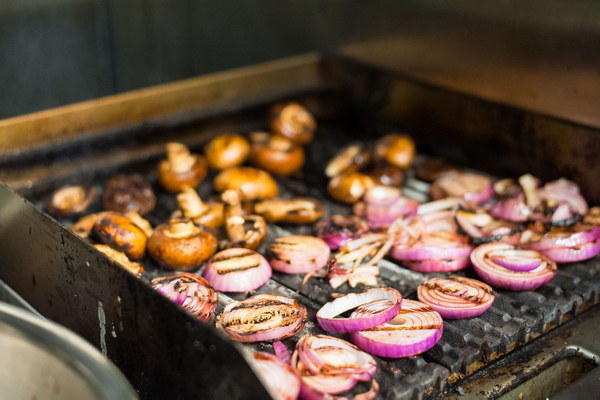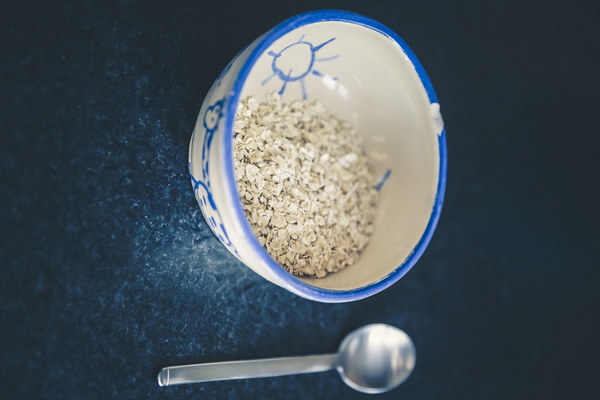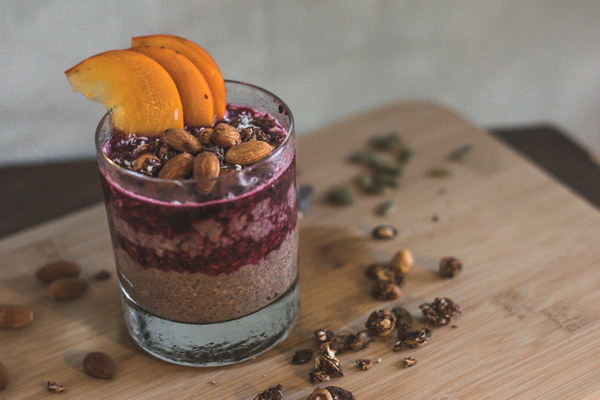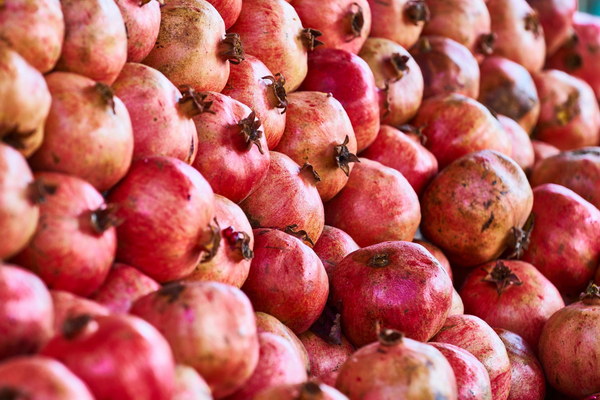The Best Foods for a Dogs Digestive and Kidney Health
In the world of pet care, ensuring that your furry friend maintains a healthy digestive and renal system is crucial for their overall well-being. The right diet can significantly impact your dog's health, helping to prevent a range of issues from gastrointestinal upset to kidney disease. Here's a guide to the best foods that can help keep your dog's digestive and kidney health in top condition.
1. High-Quality Protein Sources
Protein is a vital nutrient for dogs, as it aids in muscle maintenance and supports the immune system. However, it's essential to choose the right type of protein. Lean meats like chicken, turkey, and fish are excellent choices, as they are rich in high-quality protein and lower in fat compared to red meats.
2. Fresh Fruits and Vegetables
While dogs are obligate carnivores, incorporating fresh fruits and vegetables into their diet can provide additional nutrients that support digestive health. Options like carrots, green beans, and blueberries are not only safe but also packed with vitamins, minerals, and fiber that can help regulate bowel movements and reduce the risk of kidney disease.
3. Omega-3 Fatty Acids
Omega-3 fatty acids are known for their anti-inflammatory properties and can help manage kidney disease symptoms. Foods rich in omega-3s include fatty fish like salmon, mackerel, and sardines. Alternatively, you can also use fish oil supplements after consulting with your veterinarian.
4. Probiotics
Probiotics are beneficial bacteria that can help maintain a healthy gut flora. Adding probiotics to your dog's diet can support digestion and reduce the likelihood of gastrointestinal issues. Foods like yogurt, kefir, and certain fermented products can be introduced into your dog's diet, but ensure they are free from added sugars and are safe for dogs.
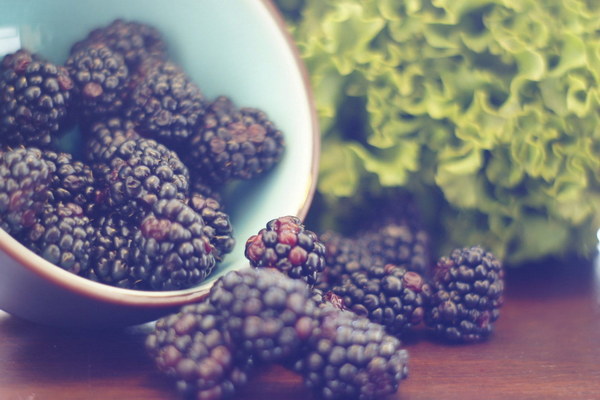
5. Limited Grains
Grains can be hard on a dog's digestive system, especially for those with sensitivities or allergies. Opt for grain-free dog food if your dog has digestive issues or if your vet recommends it. However, grains like oatmeal, which is gluten-free, can be introduced in moderation.
6. Hydration is Key
Proper hydration is crucial for kidney health. Make sure your dog always has access to fresh, clean water. If you notice your dog is drinking less than usual, it could be a sign of kidney issues, and you should consult with your vet immediately.
7. Limited Salt and Preservatives
Salt and preservatives can be harmful to your dog's kidneys. Avoid foods high in these ingredients, as they can lead to increased blood pressure and kidney damage. Always read labels and opt for dog foods with natural preservatives and low sodium levels.
8. Cooked or Raw Food Diets
Some dogs may benefit from a cooked or raw food diet, as these can be easier on the digestive system and provide a more natural balance of nutrients. However, it's important to ensure that any raw food is properly prepared and handled to avoid the risk of bacterial contamination.
Conclusion
Maintaining your dog's digestive and kidney health is a multifaceted approach that involves choosing the right foods and monitoring their diet closely. Always consult with your veterinarian before making significant changes to your dog's diet, especially if they have pre-existing health conditions. By providing your dog with a balanced and nutritious diet, you can help ensure they live a happy and healthy life.

